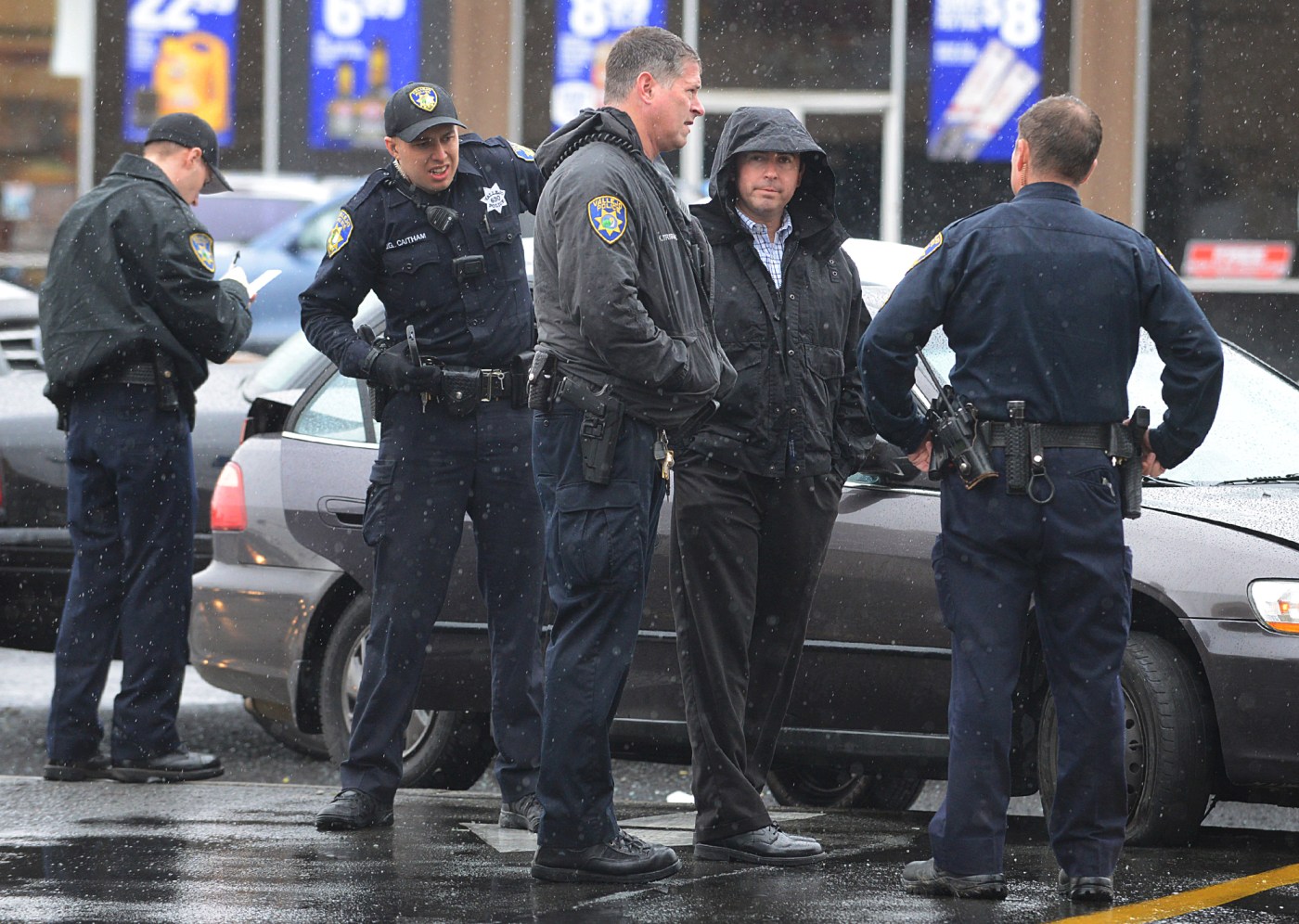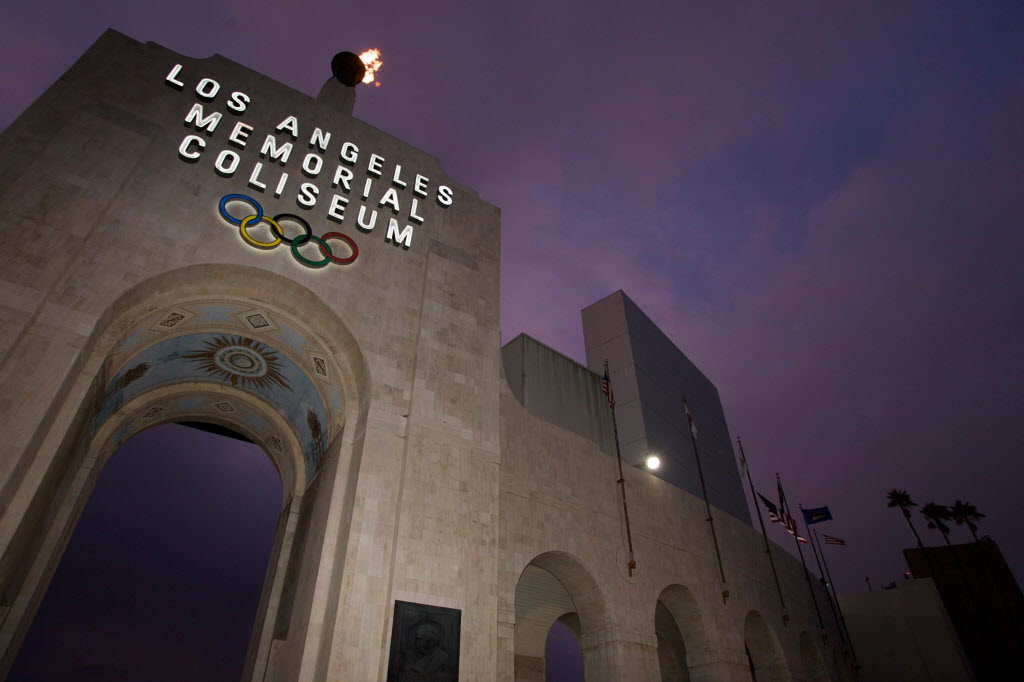Over the last half-century, California has had seven governors — counting Jerry Brown twice — who varied widely in temperament, ideology and efficacy.
One variable trait has been consistency, whether their positions on issues have changed and, if so, whether they own up or duck accountability.
Brown, who held the position from 1975 to 1983, was particularly prone to policy pirouettes, most spectacularly regarding Proposition 13, California’s iconic taxation limit.
Related Articles
Major California health insurers side with Newsom and medical groups to cover COVID shots
These are the wildfire-related bills the California Legislature OK’d this year
8 bills the California Legislature approved this year, from de-masking ICE agents to AI safeguards
California’s FAIR Plan would face more scrutiny under bill heading to Newsom’s desk
Walters: California’s sky-high costs afford it highest poverty label — again
Prior to its overwhelming approval in 1978, Brown repeatedly labeled the measure a “rip-off.” After its passage, however, Brown immediately declared himself a “born-again tax cutter” as he ran for reelection that year. He also sponsored a state income tax cut and a subsequent spending limit ballot measure. He even ran for president in 1980 (unsuccessfully) as an advocate of reduced spending and a balanced federal budget.
There were other notable flip-flops during Gov. Brown 1.0, including one on taxation of international corporations that he blamed on receiving “flaky data” from the state’s top tax official.
When asked about his frequent changes of position, Brown would cite Ralph Waldo Emerson’s aphorism that “a foolish consistency is the hobgoblin of little minds, adored by little statesmen and philosophers and divines,” implying that those with high intellects should be exempt from accountability.
Brown’s two Republican successors, George Deukmejian and Pete Wilson, made few promises other than managerial competency and largely delivered. They were followed by risk-averse Democrat Gray Davis, who nevertheless was recalled in 2003, and replaced by Republican action movie star Arnold Schwarzenegger.
Schwarzenegger promised to shake up state government with tight limits on spending but quickly learned that he could not outmaneuver a Legislature dominated by professional Democratic politicians — nor persuade voters to pass his ballot measures. However he didn’t try to evade responsibility for his failures.
When Brown returned to the governorship in 2011 nearly three decades later, he was a much different person. Not only was he older but he was less prone to flights of political fancy. He promised merely to address bread and butter issues such as the state’s budget deficit and its deteriorating highways.
That brings us to Gavin Newsom, who is — in a sense — Brown’s nephew from the decadeslong intertwining of the Newsom and Brown families.
Newsom’s governorship has resembled Brown’s first stint: promises of bold action on issues such as single-payer health care, housing shortages, homelessness and climate change, followed by backtracking with excuses.
He has termed campaign promises such as creating single-payer health care and building 3.5 million new homes as “aspirational,” rather than doable, and blamed local officials for not attacking homelessness effectively. As Newsom enters the last phase of his governorship and appears to be preparing for a presidential campaign, ala Brown 1.0, he is navigating his biggest flip-flop.
A year ago, Newsom was denouncing gasoline refiners for gouging consumers and pocketing huge profits. He demanded that the Legislature help him crack down.
During the just-concluded legislative session, however, he and legislators acted to increase oil production in California. Meanwhile, the oversight agency Newsom sought to curb refiner profits is at least temporarily inactive.
What happened? The 2024 presidential election revealed popular angst about the cost of living. Meanwhile, two refineries announced plans to shut down, possibly leading to gasoline shortages and much higher prices, which would backfire on a Newsom presidential campaign.
Bloomberg reported this month that Newsom and legislators are even considering giving one of the refineries millions of dollars to remain open.
“We are all the beneficiaries of oil and gas. No one’s naive about that,” Newsom said at a recent press conference. “So it’s always been about finding a just transition, a pragmatism in terms of that process.”
Sure it is.
Dan Walters is a CalMatters columnist.





